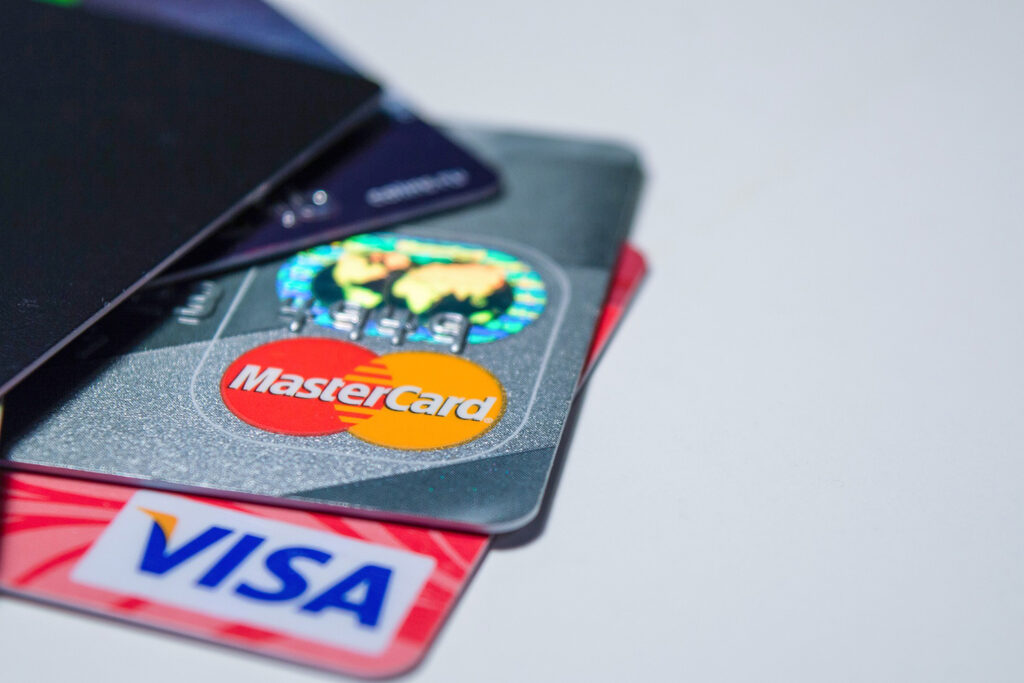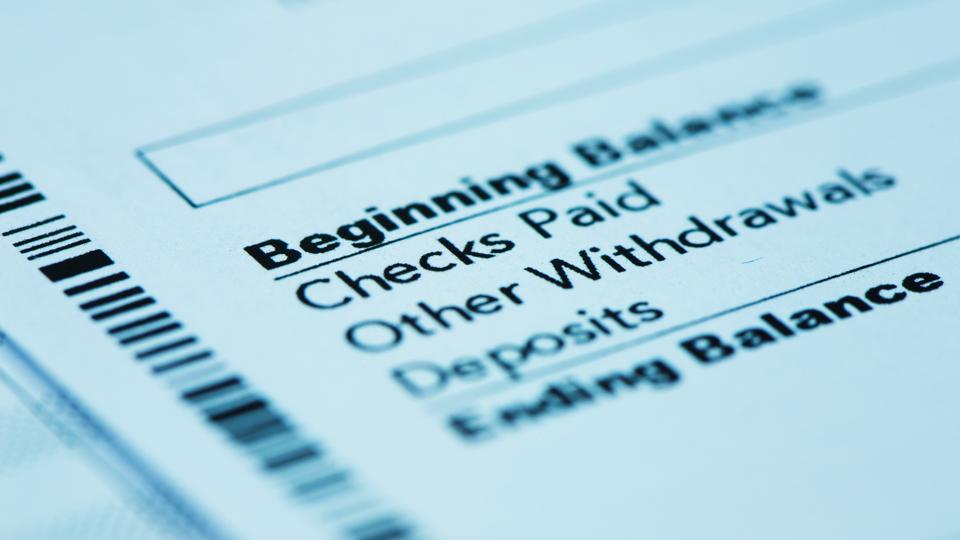When it comes to opening a bank account in Dubai, having the right documentation is crucial. Dubai’s banking system follows strict regulations to ensure transparency and security. To help you navigate the process smoothly, we’ve prepared a comprehensive checklist of the documents you’ll typically need to open a bank account in Dubai. Additionally, if you require expert assistance and personalized guidance throughout the account opening process, agencies such as Mayak Real Estate can provide valuable services to streamline the procedure and ensure a hassle-free experience.
1. Valid Passport
A valid passport is an essential document for opening a bank account in Dubai. Ensure that your passport is valid and has at least six months of remaining validity. The bank will need a copy of your passport’s main page and any pages showing your visa or residency permit.
2. Residence Visa

Source: timeoutdubai.com
If you are a resident of Dubai, you will need to provide your residence visa. This document proves your legal status in the country and is necessary for opening a bank account. Make sure to have a copy of both sides of your residence visa.
3. Emirates ID Card
Dubai residents are required to obtain an Emirates ID card, which serves as an official identification document. The bank will request a copy of your Emirates ID card, as it confirms your identity and residency status. Make sure to carry both the original ID card and a copy when visiting the bank.
4. Proof of Address
To verify your address in Dubai, you will need to provide a proof of residence. Accepted documents may include utility bills (electricity, water, or gas), a tenancy contract, or a recent bank statement showing your address. Ensure that the document is in your name and displays your current residential address.
5. Salary Certificate or Proof of Income
Banks in Dubai often require proof of income, such as a salary certificate or employment contract, to assess your financial standing. This document confirms your source of income and helps the bank determine the type of account you are eligible for. Self-employed individuals may need to provide additional financial documents, such as audited financial statements or business licenses.
6. Bank Statements

Source: forbes.com
Some banks may request your recent bank statements from your previous financial institution. This requirement helps the bank assess your financial history and banking activities. Make sure to have copies of your bank statements for the last three to six months, depending on the bank’s specific requirements.
7. Reference Letter
Certain banks may require a reference letter from your current or previous bank as part of their due diligence process. This letter should attest to your banking relationship, account history, and financial credibility. Check with your chosen bank if they require a reference letter and obtain one in advance.
8. Additional Documents
Depending on the bank and your specific circumstances, you may be asked to provide additional documents. These can include a visa entry stamp, business-related documents for entrepreneurs, or financial investment records. It’s advisable to check with the bank beforehand to ensure you have all the necessary documents.
Opening a bank account in Dubai can be a straightforward process when you come prepared with the required documents. By having all the necessary paperwork in order, you can save time and ensure a smooth account opening experience.
While this checklist covers the general documents needed to open a bank account in Dubai, requirements may vary slightly between banks and individual circumstances. It’s always recommended to consult with your chosen bank directly for their specific document requirements and any updates to their policies.
Remember, if you have any questions or need assistance with any aspect of your financial journey in Dubai, don’t hesitate to reach out to professionals, such as Mayak Real Estate. Their expertise and guidance can help you navigate the process effectively.



